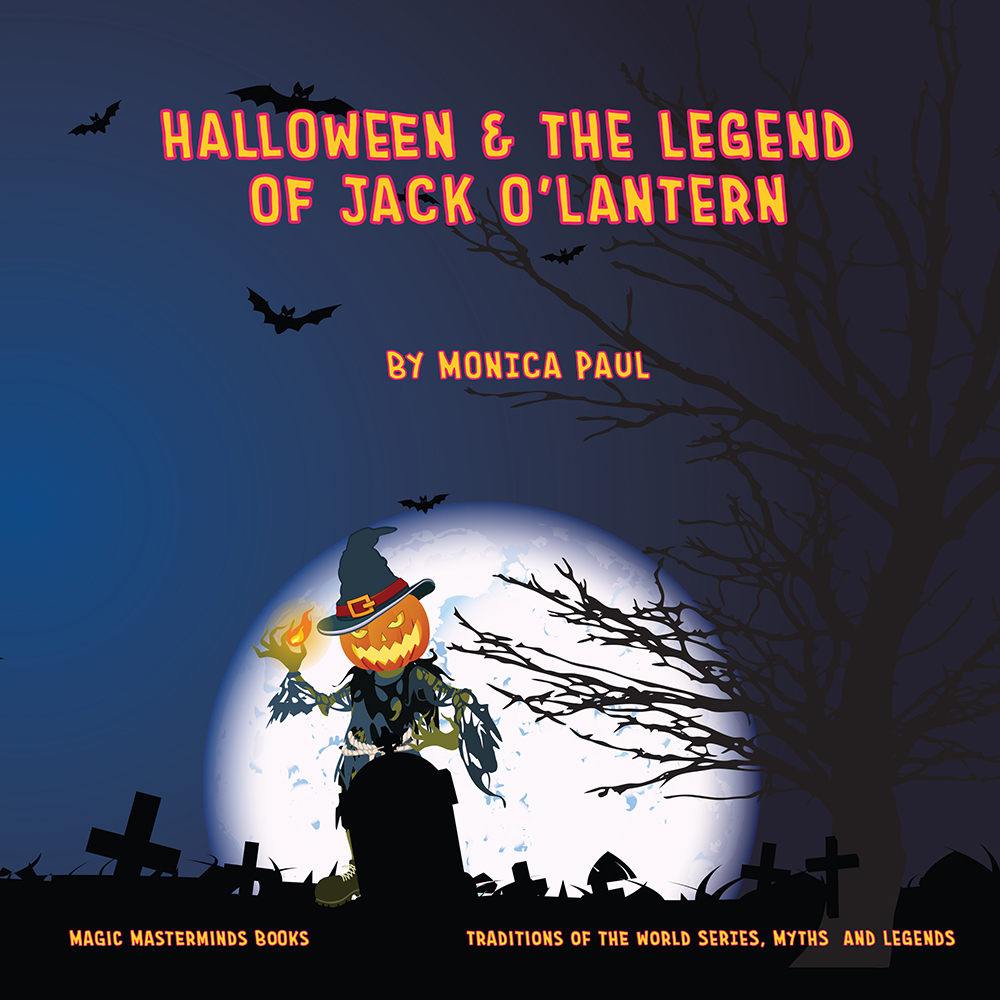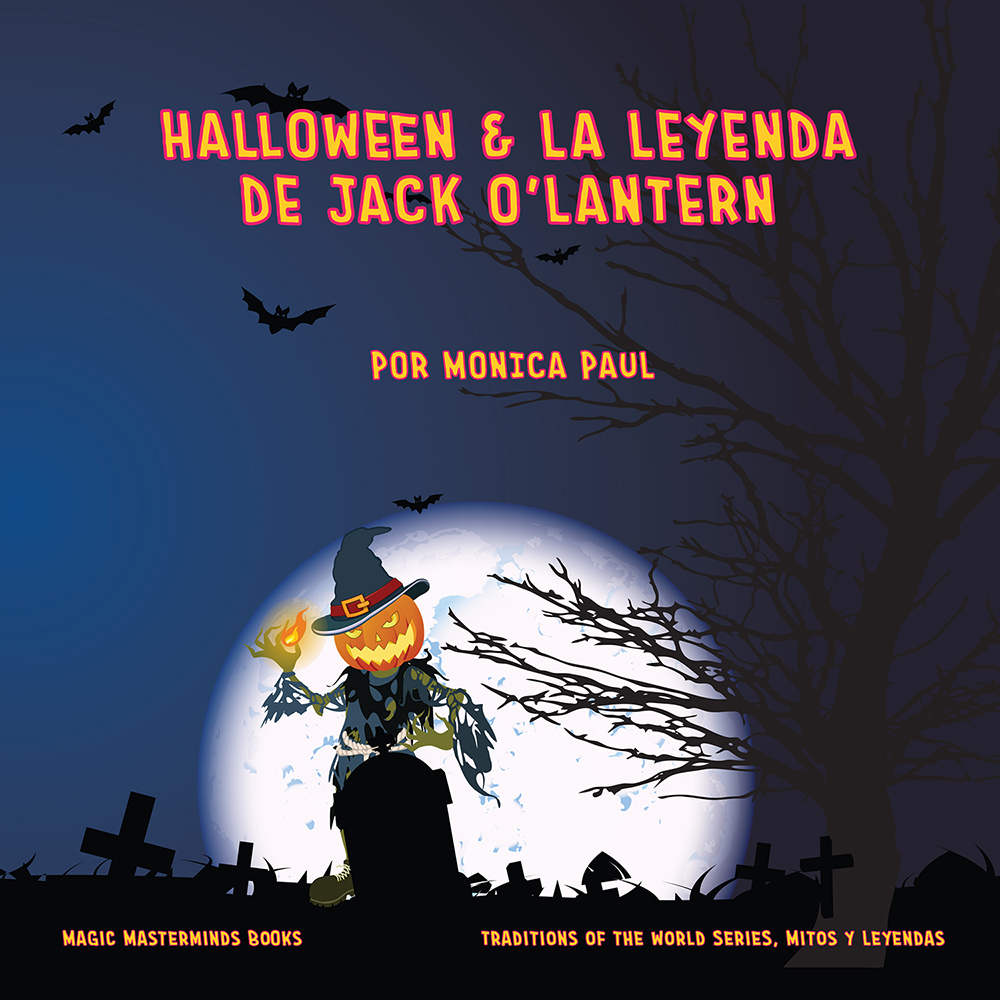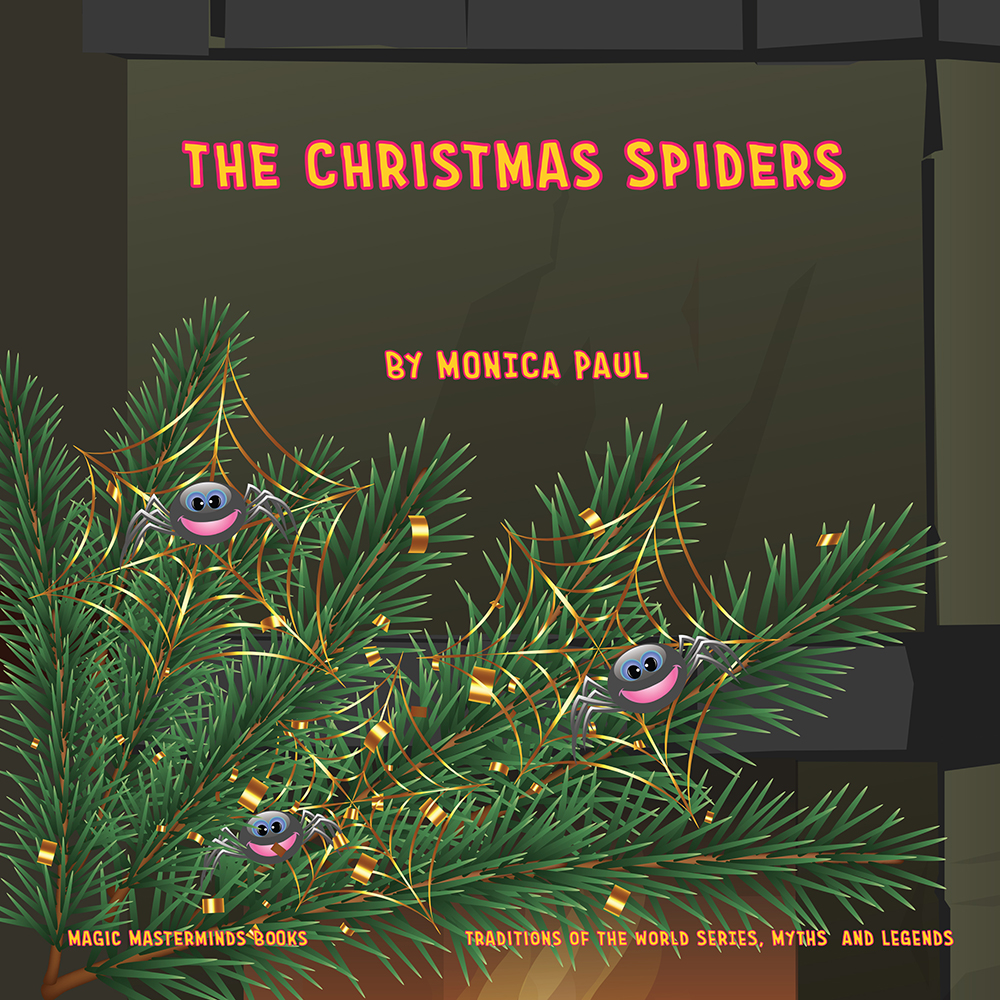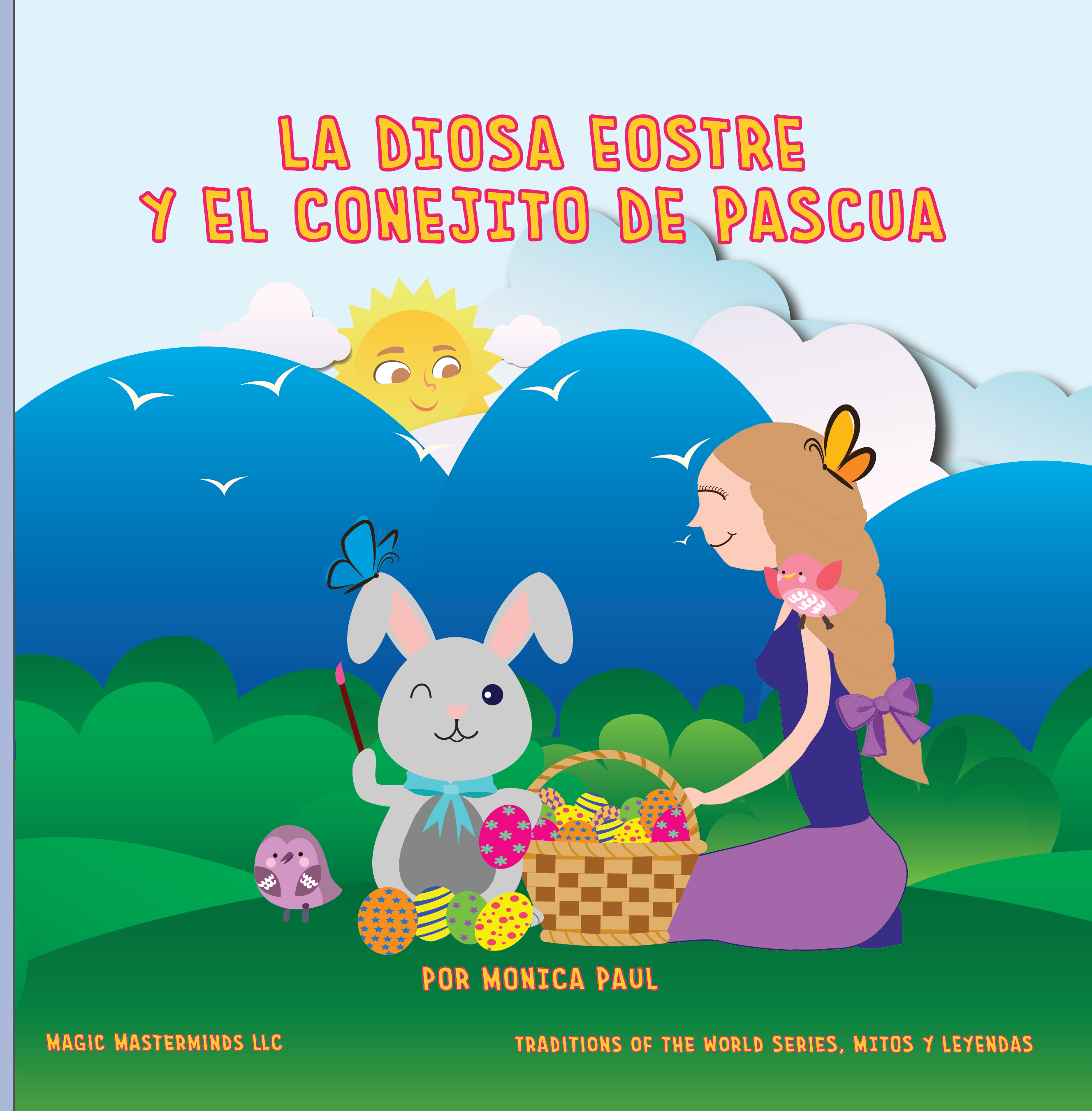All Souls

Fiction Novel
Category: Women Contemporary
Excerpt
ALL SOULS begins as Vivian Marker arrives with her seven year-old daughter Lindy in a new Ohio town. As a young widow, Vivian has dedicated her life to raising Lindy, and to the priests for whom she serves as housekeeper in small-town Mt. Healthy — first Father Joachim, and then the younger Father Benedict, once he is assigned to the St. Sebastian parish. Vivian’s vigilance falters as her feelings of self are awakened by Father Benedict’s friendship. Her fantasy of family, however much it is imagined, distracts her at the very time when Lindy, now fourteen, most needs guidance.
Father Benedict embraced his vocation partly as a means of av8
‘oiding the consequences of his headstrong youth. He treats Vivian and Lindy as his pseudo-family but now he begins to see in a new light the young woman emerging from the precocious girl who has dried his dishes and helped fold his laundry.
In their summer before high school, best friends Lindy and Marielle fall in with fellow teenagers Joey, and older bad-boy Tony. Their explorations run the gamut, and some of Lindy’s acting out with Tony is provoked by her desire to shock, allure and even seduce Father Benedict.
The teenagers’ antics pitch Father Benedict, Lindy, and Vivian into episodes of caution, transgress, and reckoning. The clouding of Vivian’s good sense, and the potential loss of Lindy, compel her to spill a secret she thought she’d left behind in Indiana — a reveal that has consequences for all.
Chapter 1
Vivian Marker lifted her foot from the gas as she approached a green highway sign announcing the Mt. Healthy exit. Her toes hovered between accelerator and brake. Who said this town was any better than the last dozen they’d flown past? Her lower back ached for some walking out and she was intrigued by a place whose own name bragged that here you could thrive, maybe find friends, confidantes, even love. “I’m still a young woman,” she insisted, as if there was anyone around to contradict that twenty-four put her past her prime. She coasted down U.S. 127 in an eight year-old car with a so-so battery through an ocean of corn stalks picked clean, a September landscape numbingly the same as the Indiana acres she left behind. Her seven year-old sat in the passenger seat suckering vampire marks on her forearm.
“Look at the blood dots, Mom,” Lindy said. “They’re purple and red.”
Idling at the first stoplight in maybe thirty miles, Vivian could see how, in the slight descent ahead, 127 evolved into Hamilton Avenue inside the official city limits, how it ribbon-ed, at a decelerated 25 miles per hour, through the town as its main street. Clean swept sidewalks and awnings not at all tattered, and signs, some elegant, some plain, announced The Little Bit Bakery, Polly’s Place, Mannheim’s, Korner Dry Kleaner, Chet’s Tire & Radiator, a pharmacy called Benzer’s, a beauty salon run by someone named Margo. On the opposite side, a barber shop, Streit & Sons Funeral Home, the VFW Hall, the DMV office, the Mt. Healthy firehouse, the local P.O., four American flags in a row. All of the churches must have been built off this main through-way, not a spire in sight. The light cycle gave her time to read the landmark sign in the shape of the state of Ohio posted roadside through Lindy’s window: “Mt. Healthy, A Refuge from the Cholera Epidemic of 1850.” Vivian knew measles, chicken pox, scarlet fever and mumps, but by the time she became a mother, cholera was vanquished. She wondered if the disease featured any symptoms as gruesome as the bruises Lindy gave herself with her own mouth.
Lindy had giggled when Vivian let the car coast the earlier dips in the road, running the speed up to seventy-five, breeze through the wing windows cooling their feet, even Vivian’s, because she drove barefoot. Lindy clamored, “Let’s float some more,” but Vivian applied the brakes once they closed in on civilization. She didn’t want Mt. Healthy police officers knowing her on a first name basis.
The light turned green. The car stalled. Vivian pumped the gas and got the key to re-fire whatever wasn’t igniting, after four tries. So, welcome to Mt. Healthy. She decided they’d visit Chet’s advertised there down the block sooner rather than later. This limping 1954 Ford Galaxy that Harmon had contributed to their marriage eight years ago was the one big ticket item Vivian brought, or rather it had brought her, from the stretch of Indiana farms to what she envisioned would be Ohio’s gentle green lawns and formidable shade trees. She’d crossed the line into a completely different state. Vivian envisioned a neighborhood where her daughter would blossom. A place called Mt. Healthy had to have a nourishing quality to it.
The real estate agent met them at Chet’s.
“I’ll take it from here,” Peggy Vagary said. She tugged her gold agent’s blazer over her hips but there was no buttoning the front halves together.
Chet lifted his cap and used it to wave them out of his garage. “A good two hours at least. This battery’s had it.”
“And that’ll cost what?” Vivian said. “Fifty?”
“No, ma’am. Twenty bucks, same as I’d sell to my best buddy. AC-Delco, brand name, quality guaranteed.” Vivian nodded. “Go ahead and fix it. We’ll be back by—”
“Four,” Peggy volunteered.
The woman’s car smelled like popcorn, which was better than Chet’s diesel and exhaust. “Have I got the place for you,” Peggy said, twisting and facing Lindy as she backed the car around to exit the repair shop. She said it to Lindy, not Vivian, as if the decision of where they would stay, if they would stay, and if Peggy would earn her commission, all rose or fell with the girl’s ability to imagine.
Whenever Peggy took a wide turn, the plastic bag that hung from her cigarette lighter knob with a firefly admonishing: “Don’t be a Litter Bug!” swung back and forth. From it a buttery popcorn smell kept rising intense and then fading.
“I’m hungry,” Lindy said from the back seat.
Peggy eyed her in the mirror. “You want some Doublemint?” She nodded at Vivian and the spot between them. “Go on and grab some out of my purse. It should be right on top. Let’s all have a piece, why don’t we?”
Vivian doled out the gum, acutely aware that what she filched from Peggy Vagary was the only thing she’d fed Lindy since sun-up.
“A cute little bungalow, right?”
Peggy stepped across the threshold and led Vivian in after. “Bungalow” — Vivian plain loved that word, the vacation sound of it, carefree and temporary. They didn’t have to decide anything for good right away. The lease was month to month, with option to buy. Vivian could take Lindy and up and leave if she felt like it, if this town called Mt Healthy didn’t hold to its guarantee.
“Wipe your feet,” she reminded Lindy. That battered front mat, Vivian thought, would be the first thing she replaced. She imagined the rag rug she’d weave, and thought how satisfying it would be to step her weight there every day, to grind this new town’s dirt into it.
They passed through a wallpapered hallway and then they were in the green and black kitchen. The speckled linoleum sloped toward the back door. Vivian felt the house was trying to tilt them out.
Peggy opened the pantry and yanked the pull cord. The ceiling bulb showed off dust, cracker crumbs and the iridescent wings of the few dead flies on the shelves. She pulled the cord a second time, shut the pantry door and nudged Vivian out with her hip. The house was musty but Vivian could take care of that. If there was one thing she knew, it was cleaning.
Peggy snapped up the kitchen window shade over the sink, letting in grey light and opening the view into the square backyard. She leaned on the sink edge and acted like there was plenty to see outside, suggesting Vivian and
Lindy would spend hours enjoying themselves there.
Vivian said, “What about the schools?”
Peggy looked thoughtful but prepared. “Public is adequate.”
“And Catholic?”
“The parish has an elementary, St. Sebastian’s, next to their church. I’ll drive you to see it. Everyone’s a week into classes now. What grade’s Lindy? About second?”
“First. Born late September so I’ve held her back.”
“A birthday coming then!” Peggy tried to chum up but Lindy stayed aloof, always had been wary of strangers, if they were women.
Lindy tugged at the back door until it released and sent her back, stumbling. Vivian caught her by her shoulders and set her right. They all three stood, looking at the dying grass back there, and the same seasonal surrender in the neighboring yards.
“Not much to cut in the summers,” Peggy said.
Lindy popped the screen door latch and ran out. She woke the sleepy yard. She scared away a brown bird from a yew bush. There were no trees on this lot. Her red ponytail of hair kissed the drab afternoon air as she ran length and breadth, explored the boundary of ragged bushes and brambles, and the world kissed her back; it rouged her freckled cheeks. The running she’d done, when she finally collapsed on the step to gain her breath, the running infused them all with hope.
“We’ll take it,” Vivian said.
“And your husband?”
Only what Vivian suspected Peggy had been dying to ask all along.
“Tractor accident,” she said, with a terribly direct gaze. Peggy didn’t ask if he was dead and Vivian didn’t confirm it, though of course he was buried, just not recently. Vivian had been widowed for seven years, Lindy hardly brought into this world before they’d both been tossed into going it alone.
Peggy proceeded with double-forced gaiety. “Look at these aluminum storm windows. All just replaced this past summer. Set to keep you snug and warm against cold.”
Vivian nodded. She was thinking of the winter months’ heating bills, but she didn’t really want to know the cost. She didn’t want to add one more number to all she had piled in her head.
Peggy spun around and the flaps of her gold coat breezed open and closed. “Should I show you the bedrooms?”
“Yes, let’s see your new room, Lin.” Vivian drew Lindy to her, her fingertips enjoying the rib of the girl’s wide-wale corduroy jacket and her wild energy sleeved and zipped up, and ready to burst without warning. The heat halo-ing her girl’s body after her run washed over Vivian, made her want to dash out the door herself and take the spiky tips of brambles against her palms.
Nothing but a pittance left once she made the down payment for the bungalow. Vivian was as helpless as Lindy on Easter Sunday morning when the girl stole bites from the chocolate bunny that would appear in the wicker basket she’d set out the night before. First she’d lop off the tall ears, chocolate marring her two front teeth when she smiled up at Vivian. By lunchtime, and with no real appetite, Lindy’d be gnawing the bunny’s torso. He was a bunny destined to disappear. Life had a way of paring, too, with its teeth.
Or maybe that was God licking his chops. God, whose testing never ended.
Vivian didn’t know how to do anything that was worth paying for except cleaning, so when she spotted the ad in her church’s Sunday bulletin for housekeeper of the St. Sebastian rectory, she made an appointment with the pastor. She brought Lindy along to the interview because she had no one to leave her with.
The rectory’s front door opened into a brief foyer and then a parlor at right, where votive candles flickered on a Mary statue and St. Sebastian with his bloody arrows. Father Joachim invited them in, through the hallway that led to the kitchen and the back door. A bullet could fly from front to back and never shatter a window or lodge in the dark wallpaper. Midway through the hall, a door to the left must have led to the distinctively shut bedroom. She let her knuckles graze the wood panels of it as she propelled Lindy ahead of her into the kitchen, her eyes on Father Joachim’s white hair and his clerical collar. For once, Lindy kept a lid on her skipping though she too buzzed her fingers along the door.
They all three sat at the Formica table, a ghastly yellow made worse by the overhead light. Already Vivian was planning a soft shade to house the humming bulb, imagined herself gathering pleats in a set of new curtains.
“Well,” Father began with a smile, then he jumped the track Vivian thought had been leading to the interview and he set to boiling water. She preferred coffee, but she nodded, yes, certainly she would love a cup of tea.
He was short, with a doddering walk, and when he peeked at her, gnome-like, over the open refrigerator door, the egg tray muffled his voice. Only his rheumy blue eyes, his white eyebrows awry with static, and the dozens of lines on his forehead were visible.
“Milk or lemon?” he asked.
“Oh, lemon, if you have it.” With her square-cut fingernail she chipped at dried egg on the Formica and wondered if the interview had begun and if what she chose to add to her tea would weigh in her favor.
He brought lemon slices on a saucer along with a creamer, and he shifted the sugar bowl, as well as salt and pepper shakers and a basket of over-ripe bananas, to one end of the small table. A gnat rose up, then disappeared into the fruit. Lindy had clambered up onto the opposite chair, and that left the place at her right for Father.
Seated for a moment, he smiled at them as they waited for the kettle. Vivian wished he would get on with the interview.
“Would you like some cookies, young lady?” He cuddled Lindy with his voice.
“Oh, yes, please,” she said, all earnest eyes.
He scurried to the pantry, and behind his back Vivian shot Lindy a look. Don’t overstep here.
“But he offered,” Lindy whispered, leaning her whole body across the table so she was eye to eye with Vivian, before shrinking back into her chair.
Father served up a second saucer, piled high with vanilla wafers. He smiled as Lindy nibbled one, the girl mumbling thanks through her crumbs. He poured two cups of boiling water over the same teabag for him and for Vivian, then sat.
Lindy piped up. “I’d like tea with lemon, too.”
Father rose halfway out of his chair, but Vivian touched his arm. “Don’t indulge her, Father.”
He still worked to stand, apologetic.
Vivian again risked touching his age-spotted hand he was using as leverage on the tabletop to get to his feet. “Don’t let her have you running at her every whim.”
He nodded and lowered himself into his chair.
Vivian slid her drink in front of Lindy. “Here, share mine.” The tea sloshed onto the saucer.
Despite Lindy’s seven year-old gangliness, Vivian would have picked her up and held her on her lap to shush her if she thought for one minute the girl wouldn’t have fought her, but better that Father didn’t see how little control she had over her own daughter.
“So,” Father said, “could you spiff this place up, do you think, Mrs. Marker?”
“I like to keep house.”
He put his dry hand on her shoulder and used her to help himself stand. “It’s agreed then.” Already he was half turned from her and winking at Lindy across the table. “Now are you ready for seconds on that tea, young lady?”
Vivian developed a routine and a laundry schedule for the priest’s house as well as her own. Efficient, she grew prideful in her abilities, in this place she’d found to call home, and she loved old Father Joachim as if he were her father.
Four good years in the rectory nearly convinced her that upheaval was at last behind her, but then Father Joachim shared his reassignment news. Leave it to God and His Almighty whims, always showing who was boss, in case there was any doubt. Girlhood catechism and her father’s tyranny had taught Vivian to genuflect, to bend her opinion to His greater will. She’d buckled. She called it “making nice.” She was sick of having things stolen out of her very arms, and then just accepting the loss.
How easily Vivian found herself washed up on the edge of that sickening memory where she’d been planning a quilt for Lindy, just a newborn then. She recalled it so vividly she could smell the sizing in the fabric Harmon had bought for her at the dry goods store. She was cutting squares from the cloth spread out on the living room floor when Father Grey pulled up in his Cadillac, scattering gravel alongside the house.
She met the priest at the door, her mouth full of pins. It was All Saints Day, and she hadn’t been to church, so she braced for his scolding. The wavy glass door and Harmon’s weatherproofing dulled her hearing. Once sound and sense caught up with words, Vivian cupped her hand to her chin to catch the pins.
Harmon rolled the tractor.
No nickname for her husband. Superstition had kept her from ever calling out “Harm” to him across the field, as if she’d be laying out the welcome mat for some to come visit. Vivian held her tongue, and still he’d rolled that tractor, pinned underneath, cut up, dead.
On the other side of the storm door the priest fashioned the Sign of the Cross, looking for all the world like he was shoo-ing off flies. Vivian listened for Lindy turning in her sleep, for the season turning to cold winter, for the earth turning on its axis. Nothing stirred.
She doubled down to her knees, and her forehead absorbed cold from the door’s bottom pane of glass.
Right there on the porch step Father prayed, but she couldn’t hear a thing, only saw how his lips formed the words, the last of which she deciphered as “ghost.”
“Forgive me, Father,” she said. “I’m forgetting my manners.” She opened the door.
He raised his hand and she closed her eyes to accept what she thought was a second blessing. “Don’t trouble yourself,” he said. Vivian had grown used to his fumbling. Her experience with him in Confession had been that the priest relied on recitation of prayers as opposed to any real guidance. She had repeatedly admitted her sins to him, but forgiveness through the sacrament the way Father Grey administered it seemed too easy.
Harmon had scoffed at her piety. “You haven’t dreamed an evil thought in your whole life,” he said, “much less acted.”
Vivian let the door suck closed. Harmon would be pleased to know the new hinge springs were doing the job.
“There’s a chill coming on.”
On the other side of the glass, Father nodded.
She watched him back away with uncertain footing into the gravel, then walk to his car. His driver side door closed, a muffled thud to Vivian inside her house, where she felt cushioned against the elements.
Her life had always been stripped of extra, but with Harmon gone she felt whittled. She didn’t leave, she couldn’t even begin to consider how. Staying rooted and going it alone, it’s what he would have wanted, she thought.
So instead of flight, Vivian sank her feet deeper into their homestead. She fastened her mind and her heart on her daughter. Lindy was her life preserver. Her days revolved around her freckled little girl, poised on the letters and numbers and words Vivian taught her, spun on songs and hugs and naps and housework. Isolated on the farm Harmon had bought to secure their future, her reduced life included no one but Father Grey and the occasional visit from an encyclopedia salesman or the Fuller Brush man. Spare encounters with shopkeepers, the bank teller, and the butcher in town left openings in her days that Vivian thought, sometimes, she might fall right through.
Because of her lonely youth, she hadn’t learned how to touch people beyond the veneer of politeness, and so she made friends with her chores instead, dividing herself among them.
For six years she rented the acreage out in the middle of the Indiana nowhere and got by on that payment, but Lindy was growing up, radiant — a hothouse quality about her— with thick red hair that nothing but a strong rubber band could tame and freckles that burnished her pale skin, and Vivian vowed she wouldn’t let the landscape hammer her daughter’s glow into the same flat light she’d seen in the face of Father Grey and, yes, sometimes even Harmon. She sold the land to the neighbor five miles down the road who’d been tilling it, and she loaded Lindy and their few most prized possessions in the Galaxy. She traveled eastward, using the Ohio River as her southernmost boundary, ended up in Mt. Healthy, once known as Mt. Pleasant.
But here was God, mucking up Vivian’s settled life, this time ready to lope off with Father Joachim between His jaws. Over Vivian rushed the resentment she’d felt when Harmon was stolen from her. The new priest would need to prove himself worth the trouble she expected.
“He’s newly ordained, a serious sort I hear,” Father Joachim reported.
The day they were introduced she stood in the rectory kitchen, wiping her palms on her apron, pretending she’d been washing up. Father Joachim preceded the new priest through the door.
“This is Father Benedict,” the older man said, barely pausing as he whisked past her and through the kitchen to the living room to warm up the television.
Father Benedict tripped across the threshold and Vivian reached to him, but he wasn’t stumbling. His rolling walk fooled her. She hoped to make it look like she’d been about to pick up a pot or a pan from the stove, but Father Benedict’s palm touched her own, not a pot handle.
“I’m so happy to meet you, Vivian.”
Her name had never floated in Father Joachim’s mouth. Who had last called her “Vivian”? She was Lindy’s “Mommy,” “Mrs. Marker.” Not since Harmon had she heard her name erupt so softly from a baritone throat.
He began moving to the sink, her hand still captured in his. Even as she walked with him, redirecting him to the table, she thought of them yoked together like partners in a three-legged race.
“Sit,” she said. “Let me get you a drink.”
“To tell you the truth, I’m famished, Vivian.”
He collapsed into a chair, angling back on his spine. He may have sported a limp, but just then Vivian could hardly think of him as “damaged,” the way he let his legs sprawl out in front of him, begging notice. He had the same Irish coloring she did — dark curly hair, complexion fairly white with just a smattering of freckles. He could have been her brother, if she had one.
Wiping her hands on her apron, she turned to him. She had never cared that the frills along the bib of her apron accentuated her breasts or that the bow drew attention to her backside, but taking it off now would be like stripping in front of Father Benedict.
He watched her, his head tilted to one side.
“What can I get you, Father?” She clasped her hands behind her back, willing herself to keep still. He blinked those long-lashed eyes. “I thought you were hungry,” she said.
“So I am,” he nodded, smiling. “Vivian, what have you prepared?”
Tuna salad sat in the refrigerator, made with chopped sweet pickles just as Father Joachim liked. She would make Father Benedict a sandwich, and consider it his first test. If he had particular demands, she expected he’d start insisting on minced celery right off.
He watched her move from refrigerator to sink to table. She glanced at him once or twice, trying to conceal her assessment.
“Luggage?” She placed the full plate before him.
“A priest travels light.” He picked at a piece of bread to inspect the filling, sniffing, maybe hinting that the tuna salad had turned bad. “We have such a monochromatic wardrobe.” The downhill of his chuckle charmed her. He took a bite of the sandwich and held out the other half to her. “Join me?”
Except for her interview, which seemed so long ago, she and Father Joachim had never sat together.
“Let us break bread with one another,” Father Benedict invited. He extended his hand, offering her the table she set, cleared, and wiped clean three times a day.
Her table? Her kitchen? She may have liked to think so, but Father Benedict’s terms would be her new rules. She set the coffee brewing and sat, stirring her spoon in its empty cup. From the living room Father Joachim groused at the football players on television, and she wondered why he’d left her and Father Benedict alone like a couple of teenagers fumbling with their introductions.
When Father Benedict chewed, his temples crinkled. He smiled at her and she saw a lettuce shred caught in his teeth. “So, tell me about the parish,” he said.
She held her hands in her lap to keep from taking a napkin to his mouth. In some ways he seemed like a nervy young man, trying to butter her up so she wouldn’t suspect him when she swept the cigarette butts she’d find tossed behind the garage. If caught in such a crime, his charm would deflect responsibility, a ridiculous thing to say about a priest because if a priest flinched from responsibility, then who could you count on?
She suddenly found herself hungry and so she ate half his sandwich.
He watched her chew, a pleased expression on his face, as if he’d been the one to hook and land the tuna himself.
Vivian had the feeling he was taking care of her, instead of the other way around. He struck her as the type of man who’d been raised the only boy in a family of girls headed by a strict, loving mother. Vivian considered herself such a mother to Lindy, and because she was her daughter’s one blood relative, she’d indulged the girl to a fault. Vivian had grown used to giving in to her daughter, as if she didn’t deserve the small comforts of her own life. Lindy, almost eleven and testing out a newfound sarcasm, called her a martyr.
Vivian sized up Father Benedict. If the priest were to side with her when Lindy dove into her tantrums, he might command the authority Vivian seemed unable to muster. She swallowed. “I have a daughter.”
Father Benedict’s smile was like grace. “So Father’s told me. When can I meet her?”
“I’ll bring her around tomorrow. She helps me with the laundry, the folding of it. She’s a capable girl.”
“I’m sure she is,” Father said, nodding. With his fingertip he stabbed at the crusts on his plate. He sighed, then stood. “I should get my belongings out of the car.”
Vivian held the door open as he descended the steps, his plate still in his hands, his rolling gait fooling her into thinking he’d step left when he veered right. She’d have to stay sharp or she’d be bumping into him all the time.
And where was he going with her dish? She called, “Can I help?”
He lifted the plate the way a man pitches a horseshoe, so bread crumbs scattered onto the gravel drive, but he never let the dish go. The way he leaned into the back seat of the car, she thought he’d lose his balance and tip all the way in, but he suddenly stood up and waved her off.
That day she didn’t ask him about his limp. It would have been too forward of her, and afterwards, this quirk faded into the Father Benedict landscape. A first-time observer might speculate, but then over time everyone took it for granted so that if the priest had sported a normal gait there’d have been reason for talk.
After offering the early weekday Mass, Father Benedict sat at the table by eight o’clock sharp. Vivian cooked and he insisted that she sit and share his eggs. He had a way of dipping toast in his coffee that hinted of the Consecration, and as she watched him she felt the blush and smile on her face. The kitchen was so warm she had to throw open the window above the sink, and the curtains she’d sewn when she’d been first hired by Father Joachim fluttered.
Father Benedict sat in his chair and reached his hand to Vivian where she stood at the drain board. He motioned she should sit. “Shall we give thanks?”
They held hands as he spoke the blessing. Vivian’s thanks gushed beyond the food on the table; it lapped over everything in the rectory kitchen, everything within her sight, including the breeze from the outside coming in and messing Father Benedict’s dark hair.














